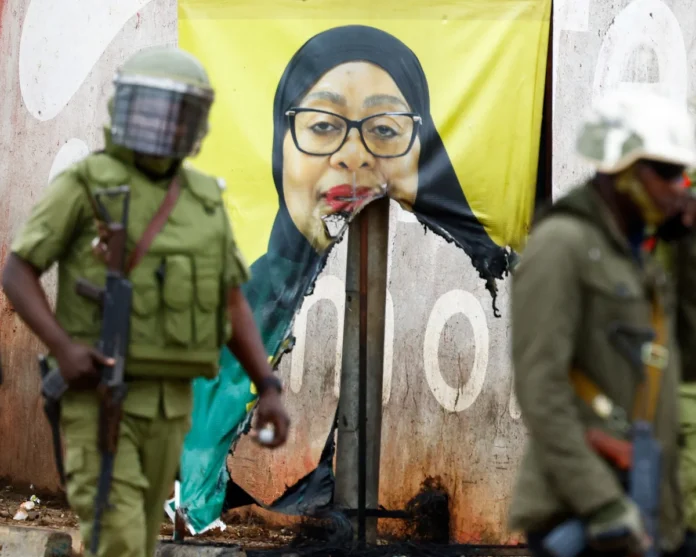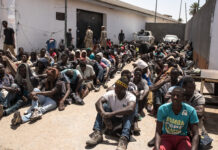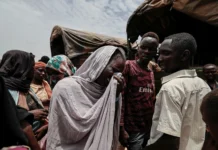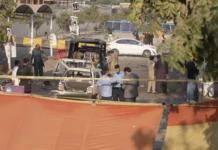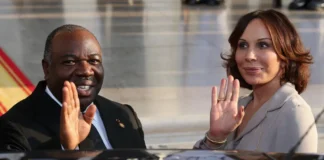By Lisa Murimi
The United Nations Human Rights Office has accused Tanzanian security forces of killing hundreds of people during violent protests that erupted after last month’s disputed general election, raising serious concerns about the country’s democratic integrity and human rights record.
According to a report published on Tuesday, the UN said it had received credible information that “hundreds of protesters and other people were killed and an unknown number injured or detained” following the October 29 vote.
The protests began after two main opposition candidates were disqualified, leaving President Samia Suluhu Hassan as the near-uncontested victor with 98% of the vote; a result the opposition dismissed as fraudulent.
UN High Commissioner for Human Rights Volker Türk said there were disturbing reports that security officers removed bodies from streets and hospitals and transported them to undisclosed locations “in an apparent attempt to conceal evidence.”
The Tanzanian government has rejected these allegations, insisting that security forces only acted against “criminal elements” who engaged in violence.
Opposition party CHADEMA and local activists, however, claim that more than 1,000 people may have died — a figure the government has dismissed as “exaggerated.” Police have charged over 300 protesters, including senior opposition leaders, with offences ranging from unlawful assembly to treason.
Observers from the African Union said the elections “did not meet democratic standards,” pointing to voter intimidation, restricted press freedom, and the disqualification of opposition candidates as major flaws in the process. The UN said its verification efforts were hampered by an internet shutdown and a volatile security situation in several cities.
The crisis marks one of Tanzania’s darkest political moments in decades, denting the image of President Hassan, who initially drew praise for promising reforms after taking office in 2021.
As calls grow for an independent investigation, rights groups are urging the international community not to remain silent.
“Tanzania’s democracy is at a crossroads,” said one human rights advocate. “Without accountability, these killings risk becoming just another forgotten chapter in Africa’s struggle for political freedom.”









